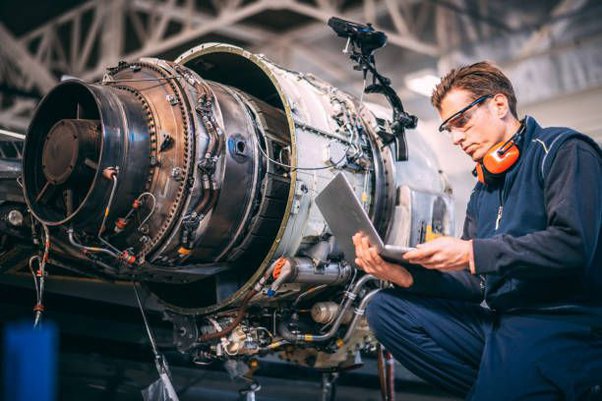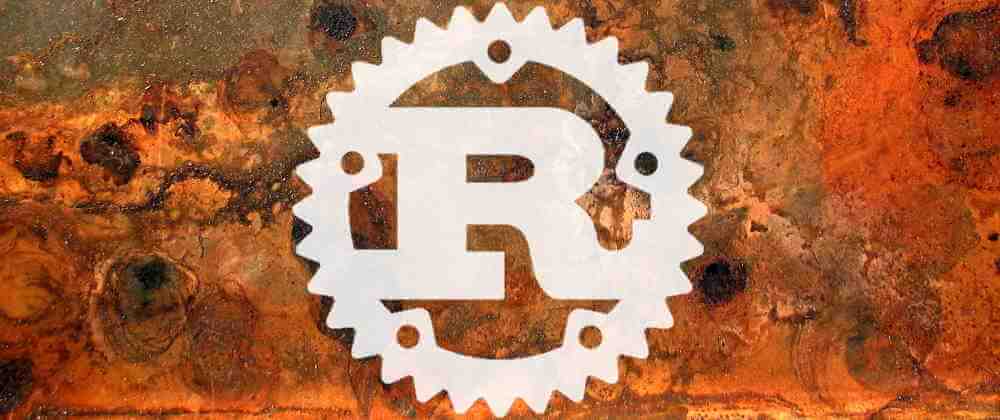Introduction
Aerospace engineering is a captivating field that offers exciting opportunities to contribute to advancements in aviation, space exploration, and defense. If you have a passion for aircraft, spacecraft, and cutting-edge technology, becoming an aerospace engineer may be the perfect career path for you. In this SEO-friendly blog post, we will provide a step-by-step guide on how to become an aerospace engineer. From educational requirements to gaining practical experience, we’ll cover all the essential steps to help you embark on this rewarding journey. Let’s get started!
Pursue a Bachelor’s Degree in Aerospace Engineering
The first step towards becoming an aerospace engineer is to obtain a bachelor’s degree in aerospace engineering or a related field. Research reputable universities or colleges that offer accredited programs in aerospace engineering. Focus on courses that cover fundamental subjects such as mathematics, physics, aerodynamics, structures, materials, and control systems.
Gain Hands-on Experience through Internships
While pursuing your bachelor’s degree, seek internships or co-op opportunities at aerospace companies, research institutions, or government agencies. These practical experiences provide invaluable insights into the industry, allow you to work on real-world projects, and enhance your skills and understanding of aerospace engineering principles.
Consider Advanced Degrees for Specialization (Optional)
While a bachelor’s degree is sufficient for entry-level positions, obtaining a master’s or doctoral degree in aerospace engineering can open doors to advanced roles, research opportunities, and leadership positions. Advanced degrees provide in-depth knowledge and specialization in areas such as aerodynamics, propulsion systems, avionics, or space systems engineering.
Develop Proficiency in Computer-Aided Design (CAD) and Simulation Tools
Aerospace engineers heavily rely on computer-aided design (CAD) software and simulation tools for modeling, analysis, and testing. Familiarize yourself with industry-standard software such as CATIA, SolidWorks, or AutoCAD, as well as simulation tools like ANSYS or MATLAB. Mastering these tools will greatly enhance your productivity and effectiveness as an aerospace engineer.
Stay Updated with Industry Developments and Trends
To thrive in the field of aerospace engineering, it’s essential to stay up-to-date with the latest advancements and emerging technologies. Subscribe to industry publications, join professional organizations such as the American Institute of Aeronautics and Astronautics (AIAA), attend conferences, and participate in webinars or workshops. This continuous learning will keep you informed about cutting-edge research, industry trends, and new opportunities.
Obtain Professional Certifications (Optional)
While not mandatory, earning professional certifications can demonstrate your expertise and commitment to professional development. Organizations like AIAA and the National Society of Professional Engineers (NSPE) offer certifications that validate your knowledge and skills as an aerospace engineer. Examples include the Certified Aerospace Engineer (CAE) certification or the Professional Engineer (PE) license.
Pursue Career Opportunities in Aerospace Industry
With your education, practical experience, and relevant skills in hand, it’s time to explore career opportunities in the aerospace industry. Aerospace engineers can work in various sectors, including aircraft manufacturing, space exploration, defense, research, and consulting. Apply for entry-level positions, participate in job fairs, network with professionals in the field, and leverage online job platforms to find suitable opportunities.
Build Strong Analytical and Problem-Solving Skills
Aerospace engineers often encounter complex challenges that require analytical thinking and problem-solving abilities. Focus on developing your analytical skills by taking additional coursework in mathematics and physics. Engage in activities that promote critical thinking, such as participating in engineering competitions or solving engineering problems. Strengthening these skills will enable you to tackle intricate design and engineering problems in the aerospace field.
Enhance Communication and Teamwork Skills
Effective communication and teamwork are essential in the aerospace industry, where engineers collaborate on projects with multidisciplinary teams. Take advantage of opportunities to improve your communication skills by participating in group projects, presentations, or public speaking events. Being able to communicate technical concepts clearly and work collaboratively with others will enhance your effectiveness as an aerospace engineer.
Seek Professional Mentoring and Networking
Finding a mentor in the aerospace industry can provide invaluable guidance and advice as you progress in your career. Look for experienced professionals who can offer insights into the industry, share their experiences, and provide career guidance. Additionally, participate in networking events, join online forums or LinkedIn groups, and connect with professionals in the aerospace field. Building a professional network can lead to job opportunities, mentorship connections, and access to industry insights.
Stay Updated on Regulatory and Safety Standards
The aerospace industry is highly regulated, with stringent safety standards. Stay informed about the latest regulations and safety practices related to aircraft design, manufacturing, and operations. Familiarize yourself with organizations such as the Federal Aviation Administration (FAA) or the International Civil Aviation Organization (ICAO) and understand their guidelines and requirements. This knowledge will be essential in ensuring compliance and maintaining safety in your aerospace engineering career.
Embrace Continuous Learning and Professional Development
Aerospace engineering is a dynamic field that constantly evolves with technological advancements. Embrace a mindset of lifelong learning and professional development. Engage in continuing education programs, attend workshops or seminars, and pursue advanced certifications or specialized courses in specific aerospace disciplines. This commitment to continuous learning will enable you to stay competitive and adapt to the ever-changing aerospace industry.
Conclusion
Becoming an aerospace engineer requires a combination of education, practical experience, technical skills, and personal attributes. By following this extended step-by-step guide, you are well on your way to a rewarding career in aerospace engineering. Remember to build strong analytical and problem-solving skills, enhance communication and teamwork abilities, seek mentoring and networking opportunities, stay updated on regulatory standards, and embrace continuous learning. With determination and a passion for aerospace, you can contribute to the exciting and innovative world of aviation and space exploration.










